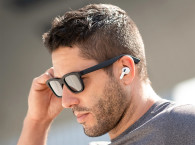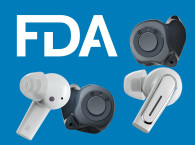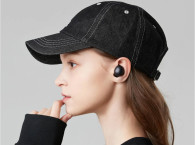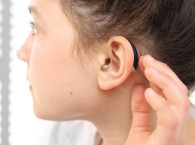
This assertion is given weight by the news that Bose — a market leader in home audio, headphones, and automotive audio systems —is the first company to be FDA approved for a patent on OTC hearing aids. As a result, many companies are diverting their attention to the medical hearing aid market.
OTCs — the new market definition set to be released by the FDA by August 2020 — will prepare the ground for companies to advertise and release products that will ultimately be used to treat mild to moderate hearing loss.
“At first glance, the reason for the decision to allow the sale of OTC hearing aids in the US is clear: approximately 11% of the American population suffer from some degree of hearing loss while only 29% of hearing-impaired Americans get hearing aids,” says Joe Murray, headset analyst at SAR Insight & Consulting.
“When you consider the fact that the US holds over 27% of the medical hearing aid market, it becomes clear that something needs to change.”
However, many professionals are concerned by the FDA’s decision, which was signed into law in 2017, as some believe that it could cause many people to not realize the extent of their hearing loss. This in turn could result in many individuals not getting adequate help.
“The main issue with hearing is that it is hard to determine whether you have hearing loss without an official audiologist examination,” Joe adds. “However, this is being challenged by the introduction of self-assessments.”
According to the latest report from SAR Insight & Consulting, DTC Hearing Aids, Medical Hearing Aids, PSAPs & TWS Earbuds, if self-assessments prove accurate, many of these cases could require implants.
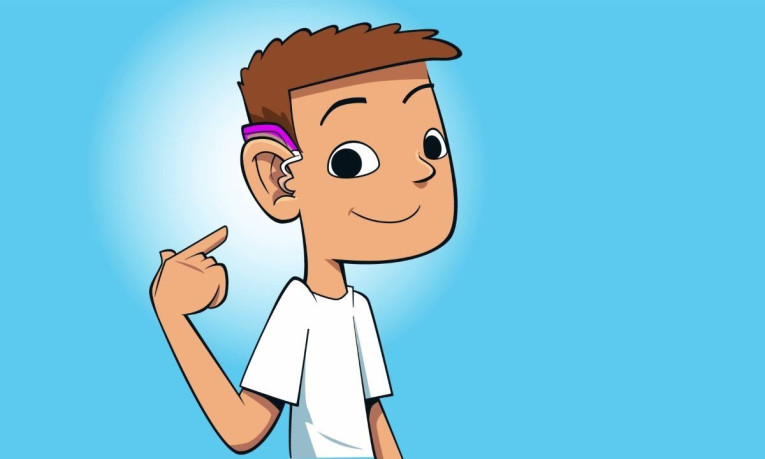
Despite the concern, many direct-to-consumer (DTC) products are already active in the global market. For example, in June 2019, Nuheara’s IQbuds Boost was placed on NHS Scotland’s hearing contract which, Pete said, proves there is some reliability in the self-fitting devices.
“Whichever side of the fence you stand on, there is one thing everyone can agree on: the release of additional DTC and OTC hearing aids will increase the accessibility of hearing assistive devices and will encourage many more individuals to test their hearing, whether that be through an audiologist or a self-assessment,” Joe concludes.
These are findings from SAR Insight & Consulting’s recently published study on ‘DTC Hearing Aids, Medical Hearing Aids, PSAPs & TWS Earbuds’ which is published as part of its Headphones and Headsets Service.
www.sarinsight.com


